A Discussion About Saudi Arabia: Will ISIS Come Home to Roost?
News Junkie Post Editor in Chief Gilbert Mercier took part in a discussion about Saudi Arabia’s future with Saeed Naqvi, a distinguished fellow at Observer Research Foundation in New Delhi and Radio Sputnik host Marina Dzhashi of the show Agree or Disagree. The following topics were covered.
The new rulers
Saeed Naqvi: Everybody knows that King Salman is physically in good health, but mentally he may not be. He may be afflicted by early or medium stages of Alzheimer’s. These sorts of statements should not be made, but they have been made in the media. And since the Saudi monarchy is very secretive, I suppose, if they don’t tell us, we’ll have to rely on those who are better informed. So, the King has that problem. Therefore, we have to bank on the two other people, the one whom he has nominated and the other who was there: the Crown Prince and the Deputy Crown Prince.
Gilbert Mercier: One of his first moves was to issue a decree to name one of his nephews (he is 55 years old and a grandson of the founder of Saudi Arabia), Prince Mohammed bin Nayef, as Deputy Crown Prince. So, it gives some sign that the second generation, the grandson of the founder, is actually going to start ruling the country.
SN: You are looking at a situation where the new King is basically groping his way. We are looking at the scenario that King Abdullah left behind. He left behind the fundamental Saudi-Iran fault line. The other fault line he enunciated was the Saudi-Muslim Brotherhood fault line. No one has yet been able to tell anybody whether it is the Shia-Sunni fault line which is more pronounced, or it is the Muslim Brotherhood and the Wahhabi fault line which is more pronounced. If it is the Muslim Brotherhood which is the big threat, then King Abdullah left behind another legacy, which is the Riyadh-Ankara conflict. And Egypt, Gaza, Qatar, Jordan: they all host Muslim Brothers.
GM: I want to add, just to give a perspective to the listeners, that the Muslim Brotherhood has had the backing of Qatar in the region. Qatar sort of lost the Egypt affair. I have a feeling that Saudi Arabia has been actually weak for several years. There are two reasons. The main one is the fact that they have allowed, as the most powerful representatives of OPEC, something that is against their own interest, which is a drop of oil prices by more than 50 percent since August 2014. I am absolutely convinced, and it’s just a logical argument, that the drop in question was manufactured from the US to suit their need of impacting the Russian economy.
Human rights
GM: The West, and especially the US, has an interesting double standard in terms of human rights. They are critical of countries that don’t serve their geopolitical interests. As an example: Michelle Obama came to the funeral with her husband not wearing any kind of covering on her hair, which in terms of protocol is a grave insult to the royal family. It shows that there is definitely in the relationship between the US and Saudi Arabia a shift that makes me think that Saudi Arabia is getting a lot weaker in its relationship with the US. There is also a demographic issue which nobody talks about. Out of 27 million in Saudi Arabia, I believe half of them are actually younger than 25 years old. So, there is a huge demographic push. And Saudi Arabia has a generational problem: it’s been ruled by elderly men for a very very long time. So, there is a lot of push, both internal and of course external, with the instability in the region, and they will not be able to shelter themselves from it. I do think that the jihadists that the Saudis partially sponsor and train and finance will eventually come back to Saudi Arabia.
SN: The situation at the moment, as our colleague said, Michelle goes there without wearing a scarf. What is the signal? The signal is that we are going to treat you on our terms. This means that the Saudi-Washington equation is weakening. But there is another equation: the Saudi-Israeli relations. They have become great comrades. They have become great supporters of each other, because their interests are similar at this point. The theme at the moment is that the Americans and those 5+1 want to have a settlement with Iran on the nuclear issue. Now Israel is bending over backwards. They’re having a tantrum. “Please don’t do it!” Why? Because on the 17th of March is the election in Israel. Netanyahu wants to go down as the great hawk who stopped Iran from having nuclear weapons. The Saudis and the Israelis have got in a trap at the moment with the US, which is torn between the White House and the Congress.
GM: In terms of the regional situation, Yes, Saudi Arabia and Israel have a common enemy, which is Iran. That doesn’t necessarily make them best friends on any other issue. It is sort of the same vis-a-vis the relationship of Saudi Arabia and the US. Saudi Arabia will realize that down the line.
Drop in oil prices
GM: I really want to bring back the issue of oil, which is a critical issue. A sign of weakness from Saudi Arabia right now is the fact that they didn’t shut down the production to prevent a dive of the oil prices by more than 50 percent. This is a critical point…. After taking out Iran, in the global context, going after Russia, they are siding with the US. I personally suspect that in late July/early August 2014 the US might have sold part of its 727 million barrels of its oil reserves just to play with the market and get it to take a dive. The price of energy is something that is very important to geopolitical stability. And you don’t play with that. There are repercussions.
SN: The drop in oil prices was supposed to hit Putin in Moscow, but it turns out that it has also hit the shale market and the new investments in that enterprise in the US. Who are the people in the shale market that the Saudi Arabians also wanted to hit? I do not know. It’s quite clear that the two games have got mixed up….
Reforms
GM: It is either going to be a slow reform, or it is going to come from turmoil. I do not think that, considering the people who are the players now in Saudi Arabia, there will much real change. Women can still not drive cars. I don’t think that’s going to change quickly at all. The change could happen through a reform, and there might be a desire of reforms from the second generation, from Prince Mohammed. It’s not going to be major, because it is an authoritarian system, and they need to keep a lid on protests, on liberty of expression. They need to keep a lid on things.
Terrorism
SN: The terrorism that we are coping with in South Asia, in Pakistan, in Afghanistan and, by association, in India, is basically started in Saudi Arabia. I’m not for a moment suggesting that the Saudi state sponsors terrorism, but there is something about that state, about the private enterprises there, about the Wahhabi sect in that country, that it turns out that most of the suicide bombers have some trace to them. We have not yet discussed ISIS. Who is ISIS? What do they want?
GM: I completely concur with Saeed on this. Saudi Arabia, the Wahhabis have been sponsoring jihadists and Islamic fundamentalists for decades. It’s going on. It’s been going on. They did it with al-Nusra in Syria. They did it with ISIS at the start, and that was actually the portfolio of Prince Bandar, who is now disgraced. His nickname is Prince Bandar Bush because of his close relationship with George Bush Sr and Jr…. They were playing with using the jihadists to topple Bashar al Assad. Now they have lost control of ISIS. Nobody controls ISIS anymore. Nobody at all…. I am convinced that the jihadists (a lot of them are actually from Saudi Arabia) will eventually come home to roost. There was an attack on the Saudi border with Iraq about three weeks ago. They will come back. What ISIS wants ultimately, what the caliphate wants ultimately, is Mecca. That’s what they’re going to go after, down the line…. That is the jewel of the crown for them, for the caliphate, is to control Mecca.
SN: There are three elements: the Muslim Brotherhood, the Baathists, and Al Qaeda. Each one of these is opposed to the Saudi state….
GM: The neo-conservative… strategy of controlled chaos appears to be insane, but it is precisely applied to put a country in a favorable state to create chaos. I’ll give you three examples: Iraq of course, Syria, and Libya. Those countries are in a terrible state because of this strategy. It is already backfiring because now the US and Saudi Arabia are fighting the same people that they have actually more or less created…. ISIS has a lot of money. They have a lot of men. They control oil fields in Syria at the border and some in Iraq. In that region. It’s going to be very difficult to deal with it. There should have been a recognition from the US and the West — and of course that’s never going to happen — that “We screwed up. This wasn’t supposed to happen. We need to forge an alliance with Iran. We need to say maybe Assad is not so bad after all and change policy.”
SN: Greece has happened. Charlie Hebdo has happened. They don’t know what the hell is going on. The world is going out of control. The main thing here is that the West and the Americans are trying to seal a deal with the Iranians, which the Israelis do not want…. They put pressure on the Saudis, because they’ve got problems all around them. And the only way that the Saudis can solve their problems is to have the US Congress standing behind them. This is the game that is going on.
For the full broadcast, go here.
Editor’s Notes: Photographs one, two, five and seven by Edward Musiak; photographs three, four and nine by Samira; and photograph eight from the archive of Magharebia.
Related Articles

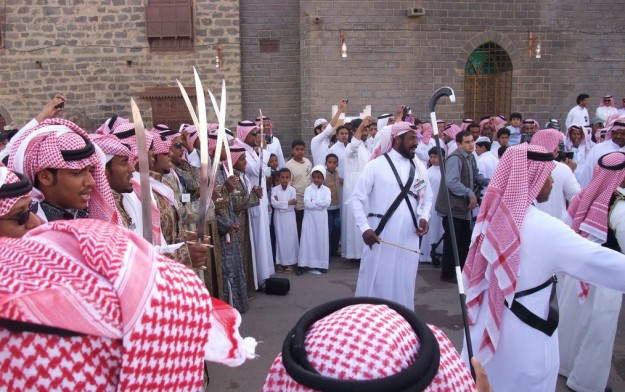
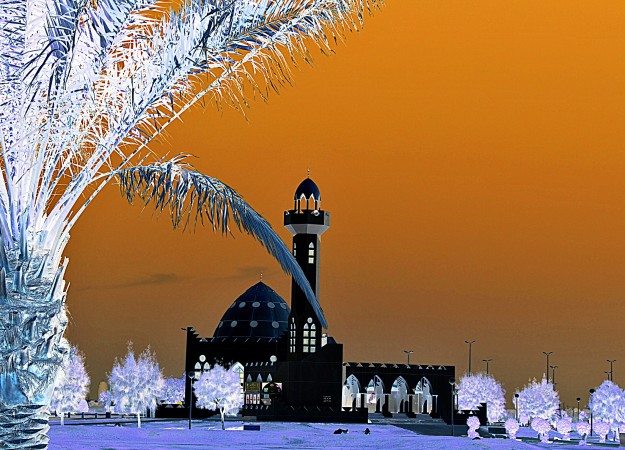
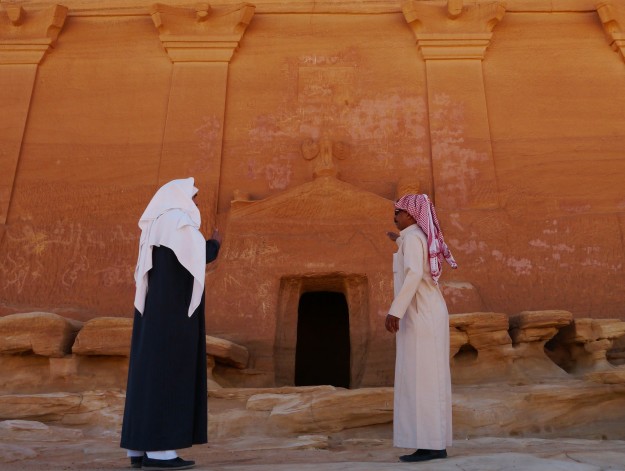
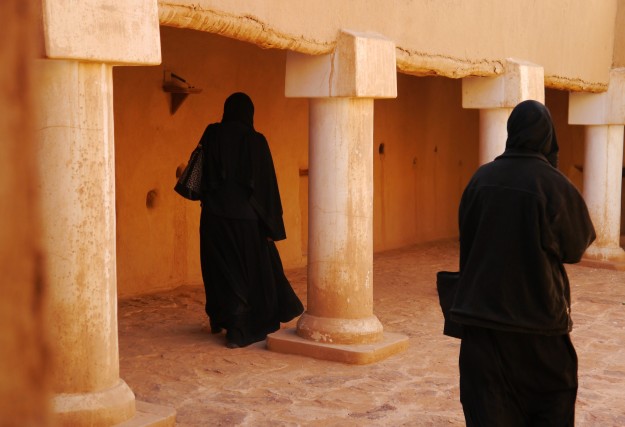
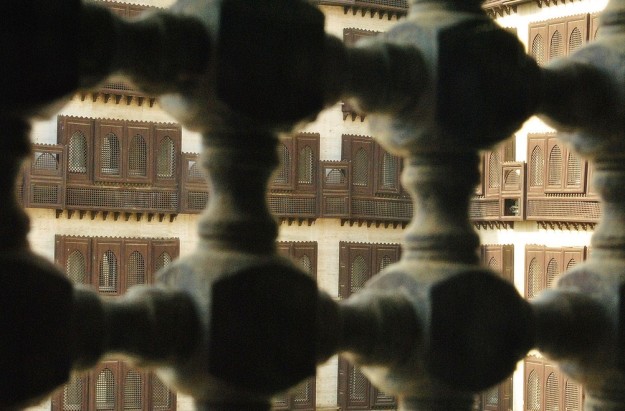
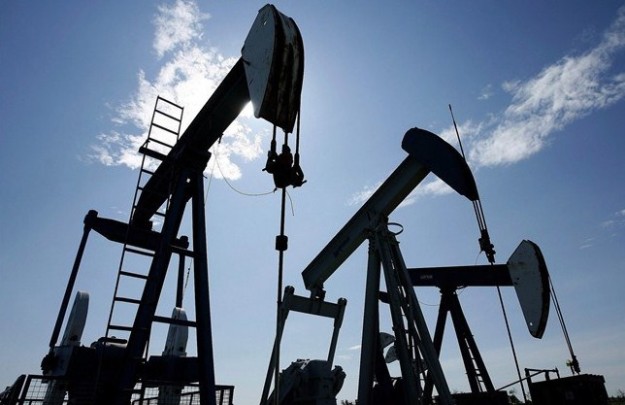

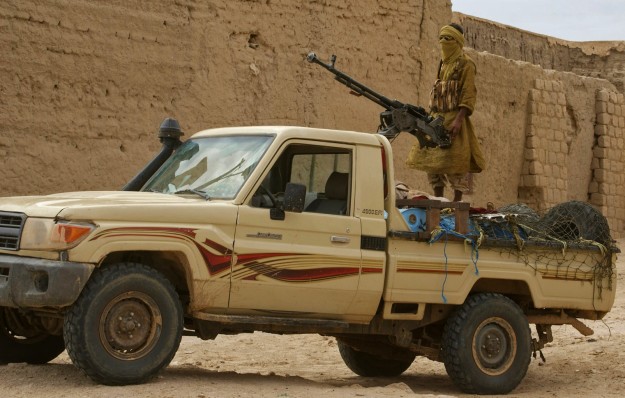
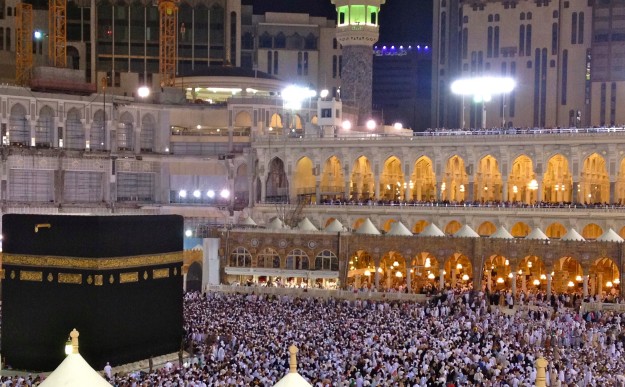
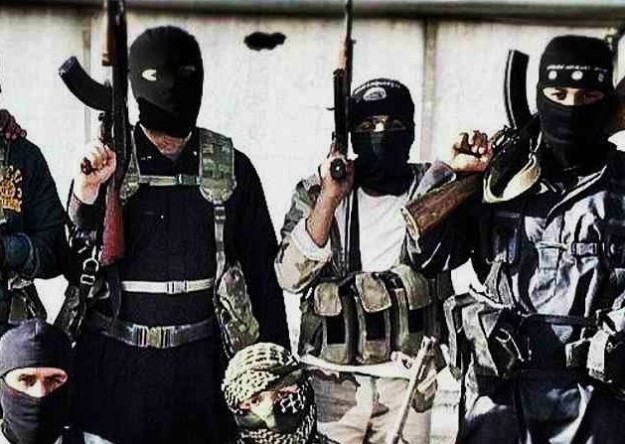











3 Responses to A Discussion About Saudi Arabia: Will ISIS Come Home to Roost?
You must be logged in to post a comment Login